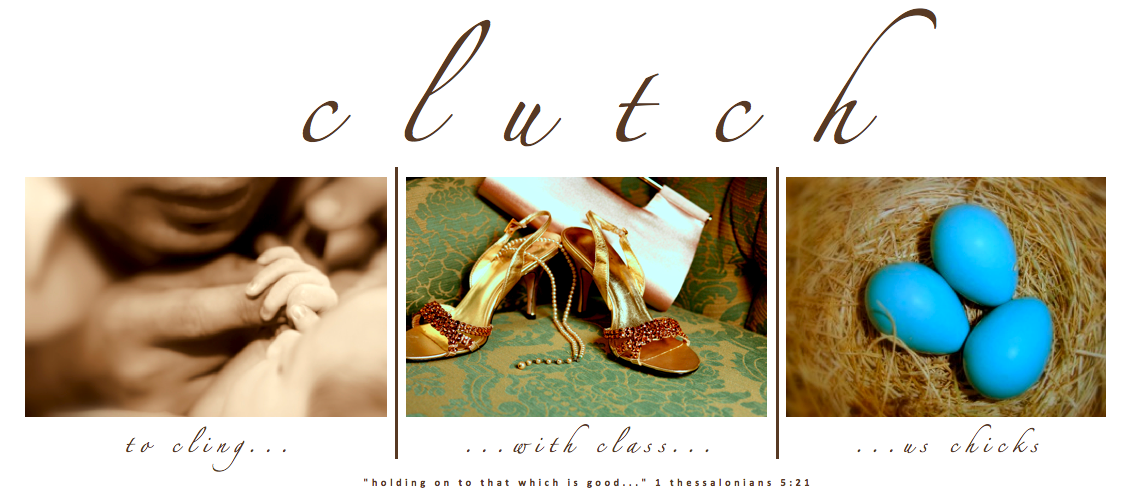positive discipline 4
>> June 9, 2010

We’ve already discussed how positive discipline should be prayerful, proactive, consistent, swift, firm, honest, and clear. The final three aspects of positive discipline are being appropriate, fair and level-headed. These are very important keys to making discipline positive, and thereby helping to grow your child into a disciple of Christ.
Appropriate discipline basically means that the punishment should fit the crime. The more relevant a recourse is, the more learning can take place. The level of discipline should fit the level of the misbehavior. And whenever possible, we should utilize the natural consequence, making it all the more meaningful. In Exodus 21:24, God instructed Moses to make discipline appropriate when He said, “But if any harm follows, then you shall give life for life, eye for eye, tooth for tooth, and for hand, foot for foot, burn for burn, wound for wound, stripe for stripe.” This was in response to the Isrealites doling out extreme punishment for not-so-extreme behavior. God wants us to make sure that we don’t go overboard—or underboard--on our discipline either. It should also be age-appropriate; a teenager needs a different approach than a toddler. Appropriate discipline is positive discipline, and therefore teaching discipline.
Next, it should be fair. This also goes back to being consistent and appropriate. Kids have a keen sense of fairness, and will accuse us countless times of being “unfair”. I like to come back with the statement, “Life isn’t fair when you compare.” There is a difference between being the same and being fair. In order to be fair, we need to consider our children, their personalities, and their needs. But we also need to listen to them, their reason for doing something and perhaps the context of the situation.
Finally, positive discipline should be level-headed. This is perhaps the most difficult to maintain. All too often, our discipline is just an emotional response to something that has happened. We need to maintain a level head, free from emotionalism. We shouldn’t yell, or get all flustered, as hard as that may be. When we respond emotionally, we are allowing our children to see that they can push our buttons and control our emotions. Don’t we want to teach our kids to be in control of their own emotions, and to not let others do it for them?
With that said, we should express our emotions constructively. We want them to know that what they do and say has effects on others. But we should do it in the form of I statements. We can say to our children, “I felt hurt and disrespected when you yelled at me.” Etc. You can fill in the blanks with whatever is appropriate. The formula is this: I feel/felt ______________ (attach an emotion) when you _____________________ (attach an action). This is a powerful tool in communication as well, but it takes practice to become fluent.
Additionally, being level-headed means that we do NOT engage in arguments with our children. I have a phrase that I use whenever my kids (or my former students) try to argue with me. I simply say, “Well that may be, but ….” You can use a different one, such as “I understand, but…” or “That may be true, but…” For example, my children are fighting. I address the situation and say that they shouldn’t be yelling and pushing each other. One will know no doubt say, “But he started it!” I will answer with, “Well, that may be, but we should not yell or hit each other.” Then the other child will say, “But he broke my Lego creation!” I again will answer with, “Well, that may be, but we should not yell or hit each other.” Once we have done that a few times, the kids will be calmed down enough to actually listen to reason. But if we engage in the argument with them, we will never get them to that point.
There is so much more to disciplining our children, and there’s no way for us to cover it all. The above principles will simply help us to be more effective in discipline. However, I must say that it is not natural to do things this way. We must practice, and be intentional and prayerful with it. God will help us as we go along. I have been using these principles and techniques for 11 ½ years now, and I still have to work at it. But it is so worth the effort. My children are no angels, but at least I can deal with them without going completely insane! God has blessed our efforts, and He will bless your efforts as well as you seek to raise your children to be more like Him.
Use allowed by express written permission only.
Tweets, trackbacks, and link sharing encouraged.















